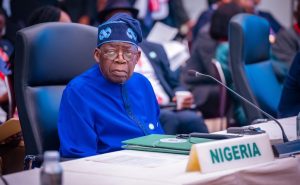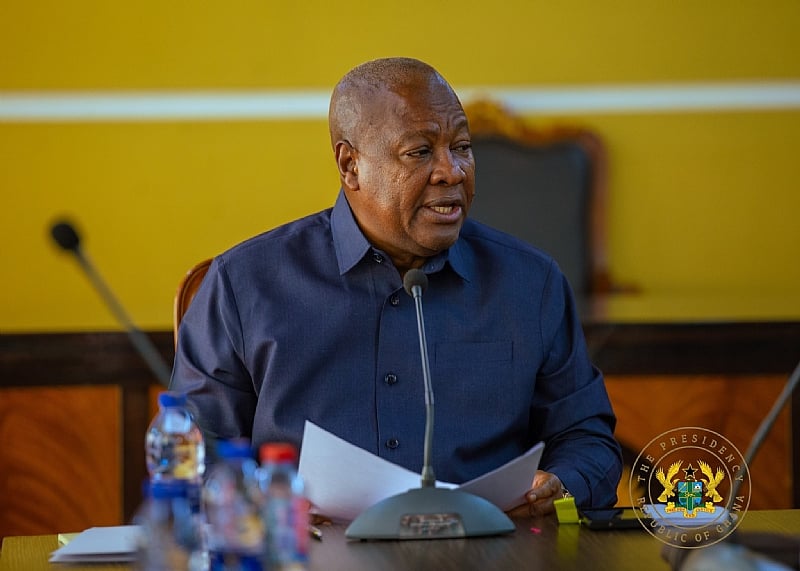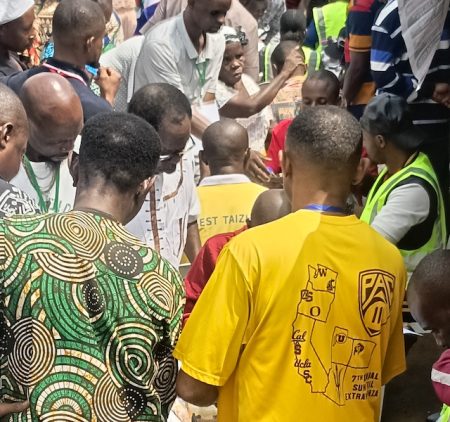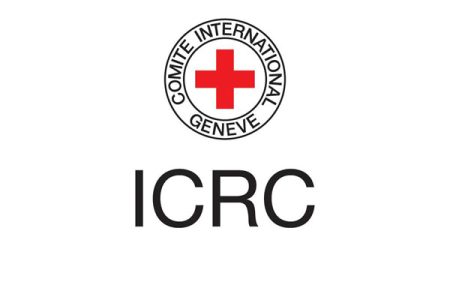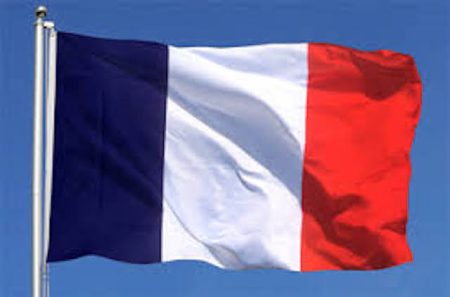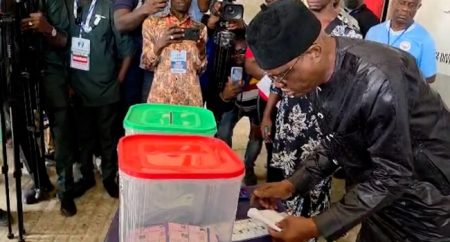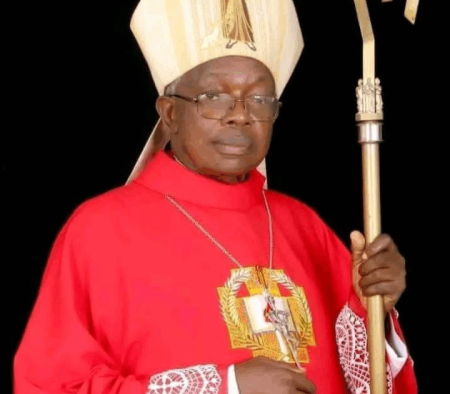The Ghanaian government, under the leadership of President John Dramani Mahama, has implemented stringent measures to curtail the size of its delegation to the 80th United Nations General Assembly (UNGA) in New York. This action stems from a new cabinet directive aimed at regulating foreign travel and official participation in international events, reflecting the president’s commitment to fiscal prudence and a renewed focus on national priorities encapsulated in his “Resetting Ghana” agenda. The directive mandates that all government officials, including ministers, deputy ministers, civil servants, heads of state-owned enterprises, and political appointees, must obtain express written permission from the Chief of Staff before participating in any UNGA-related activities. This includes attendance at the main assembly sessions, side meetings, panel discussions, receptions, bilateral engagements, and any other events associated with the UNGA. This measure supersedes all previously issued or accepted invitations, effectively putting a hold on all planned participation until reviewed and approved by the Chief of Staff.
The government’s decision to restrict attendance is driven by a multi-pronged rationale. Firstly, it aims to significantly reduce the financial burden associated with sending large delegations to international events. The costs associated with travel, accommodation, per diems, and other logistical arrangements can be substantial, and the government is seeking to optimize these expenditures in line with its broader fiscal responsibility objectives. Secondly, the directive seeks to ensure a more focused and disciplined approach to Ghana’s engagement at the UNGA. By limiting the number of attendees, the government aims to streamline its representation and ensure that those present are directly involved in advancing Ghana’s key priorities on the global stage. This focused approach is intended to maximize the impact of Ghana’s participation and ensure that its voice is heard effectively on issues of national importance.
The directive emphasizes that only those individuals explicitly authorized in writing by the Chief of Staff will be permitted to represent Ghana at the UNGA. This centralized approval process empowers the Chief of Staff to carefully vet and select the most appropriate representatives based on their expertise, relevance to the agenda, and alignment with the president’s strategic priorities. The directive further underscores the seriousness of this new policy by stipulating that any violation will result in strict sanctions, enforced under the Code of Conduct for Public Office Holders and the Civil and Public Service Codes of Conduct. This clear articulation of consequences serves as a deterrent and reinforces the government’s commitment to enforcing this new policy rigorously.
The implications of this directive are far-reaching. It signals a significant shift in Ghana’s approach to international engagements, prioritizing strategic representation over large-scale participation. This move is not solely about cost-cutting but represents a broader strategic realignment of Ghana’s foreign policy, ensuring that its international engagements are driven by clearly defined objectives and contribute directly to national development goals. By streamlining its representation, the government aims to enhance the effectiveness of its diplomatic efforts and maximize the impact of its contributions on the global stage. This approach reflects a growing awareness of the need for fiscal responsibility and strategic prioritization in international engagements.
This decision is also a clear manifestation of President Mahama’s “Resetting Ghana” agenda, which emphasizes fiscal discipline, efficiency, and a renewed focus on national priorities. The move to curtail UNGA attendance is a tangible example of this agenda in action, demonstrating the government’s commitment to optimizing resource allocation and ensuring that public funds are utilized effectively. By prioritizing essential international engagements and streamlining its representation, the government aims to free up resources for critical domestic programs and initiatives that directly benefit the Ghanaian people. This directive signifies a commitment to responsible governance and a focus on delivering tangible results for the nation.
In essence, the government’s directive on UNGA attendance represents a strategic shift in Ghana’s approach to international engagement, prioritizing focused and impactful representation over large-scale participation. This move is not just about cutting costs but is a key component of President Mahama’s “Resetting Ghana” initiative, demonstrating a commitment to fiscal responsibility, strategic prioritization, and a renewed focus on national development goals. This directive underscores the government’s resolve to ensure that its international engagements align with its strategic objectives and contribute meaningfully to the advancement of Ghana’s interests on the global stage. The strict enforcement mechanisms outlined in the directive further reinforce the government’s commitment to ensuring compliance and achieving the desired outcomes of this new policy.



